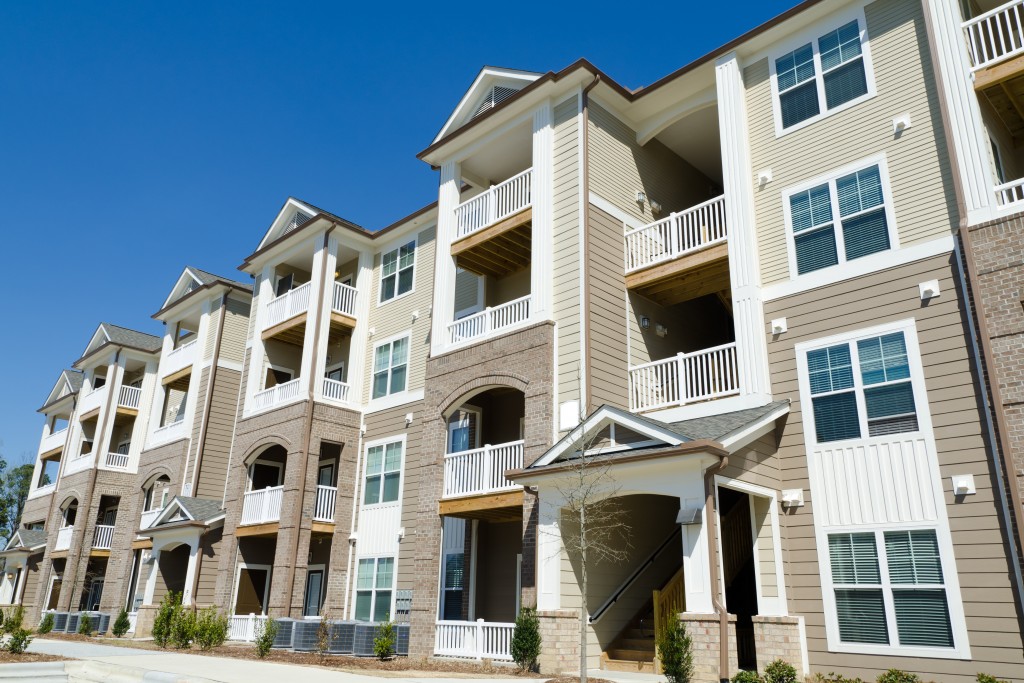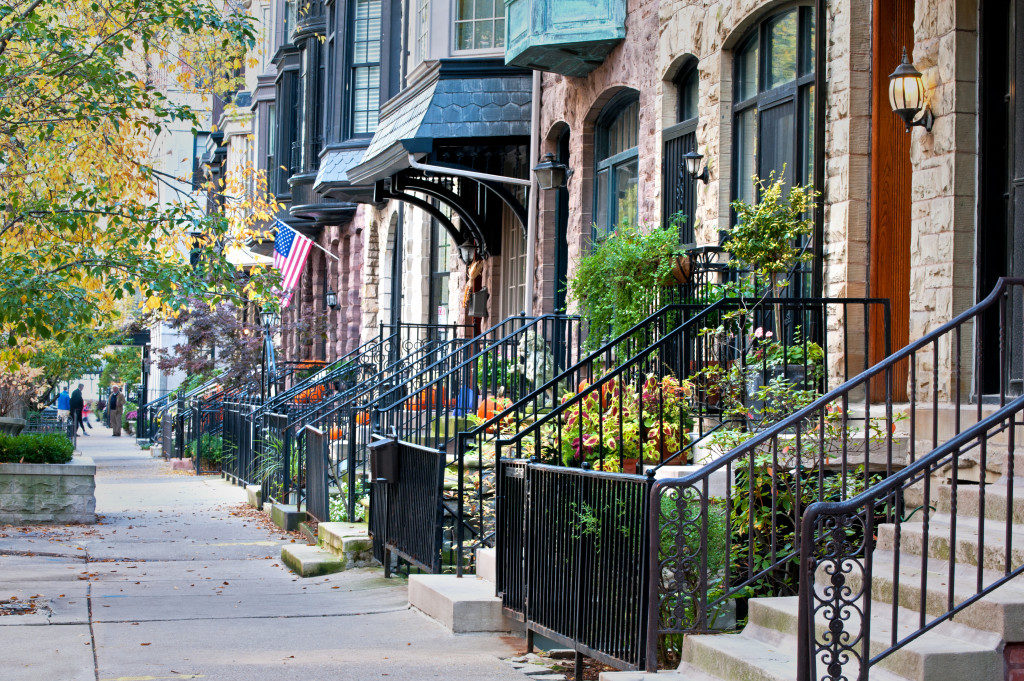Guide to Buying a Starter Home

There are many reasons a lot of people prefer buying a starter home as their first house. Starter homes come at entry-level prices, which means even if the house is not as glamorous as a more expensive home, you have a roof over your head and you own it. Secondly, starter homes are generally less expensive to maintain. And lastly, it’s relatively easy to sell a starter home when you decide to move to your forever home.
Before you check out house and land packages in Western Melbourne or other areas, here some of the best tips when it comes to choosing a starter home:
1. Learn about the different types of a starter home
There are several types of homes that can be considered a starter home. Here are some examples:
- Fixer-uppers. As the name suggests, a fixer-upper house is one that requires a bit of repair and renovation, depending on its condition upon sale. Although you will need to invest money and time into fixing up this type of starter home, buying a fixer-upper as your first house can help you save a lot of money in the long run.
- Small houses. Small starter homes usually attract unmarried individuals or couples who don’t have kids yet (or not planning to have kids at all) because apart from being cheaper, small houses are easier to maintain.
- Attached houses. This type of starter home includes duplexes, townhouses, condominiums, and semi-detached homes. In general, a home that shares a wall with another house is considered an attached home.
2. Make a list of your needs and wants
Determine your needs and wants before starting to look for a starter home. For instance, how many bedrooms do you need? How big do you need the living space to be? Do you want a house with lots of outdoor space? Will you be able to raise a child here?
These are just some of the questions that you need to ask yourself when looking for a starter home. However, keep in mind that you can’t be too picky; be willing to compromise and sway your decisions depending on the factors in front of you.
3. Avoid letting emotions take over
The main goal of buying a starter home is to keep expenses low and save more money for the future, so don’t buy a starter home that does not line up with your goals. Even if a home looks perfect for you and your family, if you can’t afford it, move on to the next option.
4. Choose a good location

Homebuyers generally expect to live in their starter home for at least five years. That said, choose a location that fits your needs and lifestyle the best. In this way, you won’t have to live in a neighborhood you hate for the next half-decade.
If you are ready to buy a starter home, think about it at least three more times. Not everyone gets to enjoy the benefits of buying a starter home, so always be smart about your decisions. But if you are financially and emotionally ready to buy your first home, keep these tips in mind to help you find the perfect house.




